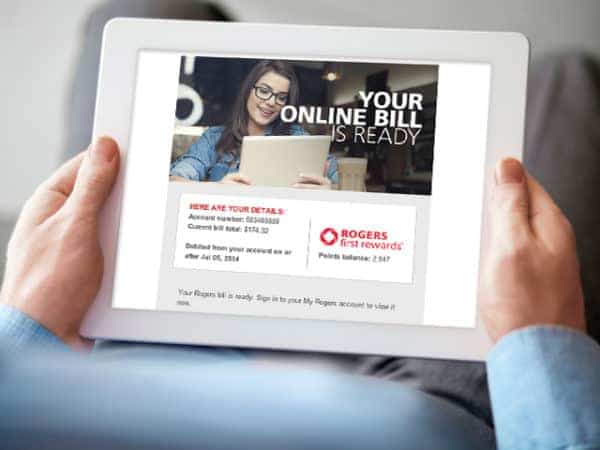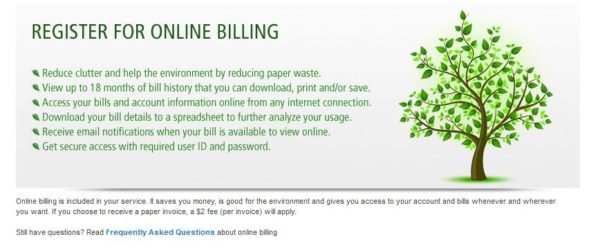
 Someday, in the not too distant future, a group of former Canadian telco execs will gather in a dark paneled private club to remember the “the good old days”.
Someday, in the not too distant future, a group of former Canadian telco execs will gather in a dark paneled private club to remember the “the good old days”.
“Remember how much we charged for basic cable?”, one will say. A few chuckles.
Looking to top his colleague, another will mention how Canadians were forced to watch Canadian Tire commercials during the Super Bowl. Laughter.
“That’s nothing,” a third will offer. “Remember when we used to charge people JUST TO GET THEIR BILL?!!!” Falling off chairs.
Yes, it’s true. Look at the bottom of your Rogers, Bell, or Telus bill. See the “paper invoice fee”? Yep, you are actually being charged to receive your bill.
Wait a minute, isn’t billing your customer simply a cost of doing business?
Not according to the CRTC, which has not banned the practice, despite widespread incredulity on the part of Canadians.
Many companies that have adopted the fee greenwash their actions.

“At Rogers, we believe that paperless billing is the way to go for a bunch of reasons, explained the telco in the “Rogers Redboard” section of its website. “For one, it reduces paper, which saves trees and the environment.”
But the Public Interest Advocacy Centre estimates that the communications and banking industries are together pulling in between $495 and $734 million dollars annually from this practice.
“What’s the big deal?”, a company might say. “Anyone can opt out of paper billing and simply view their bill on the internet”.
There are two problems.
First, many choose to or cannot afford internet access. To the credit of the CRTC, this issue was met head on, and as of January 1st, 2015 it has exempted those without internet access from paying the bill.
The second issue is that this is a negative billing option. Those who don’t scan their bill closely might not even be aware it exists.
NDP MP Andrew Cash is a vocal opponent of paper billing fees. He says companies who have adopted the practice are being disingenuous about it.
“If it’s costing them so much money to send out a bill, then they should be passing on those savings to their customers, which they haven’t done,” said Cash.
In other parts of the North America, paper billing fees are being met with even more hostility. In Pennsylvania, The Public Utility Commission last year determined that charging customers for a bill was “an unjust and unreasonable practice.”
“The PUC believes the cost of paper bills should be part of normal service rates and not collected with a separate charge”, spokesperson Robin Tilley told The Morning Call.
In New York, the practice of paper billing fees has been banned since 2011.
Back in Canada, the federal NDP party has taken up the cause with an online petition to stop the practice.
“This is an obvious cash-grab, worth millions of dollars and it is largely Canadian seniors who are being stuck with the bill,” says the web page. “The NDP is calling on the Conservative Government and all of its agencies, to take action, stop the rip-offs and prohibit Pay-to-Pay Fees.”
As of last September, the petition was reported to have collected more than 10,000 signatures.
Comment
Leave a Reply
You must be logged in to post a comment.



 Share
Share Tweet
Tweet Share
Share




To be fair, TELUS ditched this practiced in December, they no longer charge a paper bill fee.
Hello Nick,
We stopped charging paper bill fees in December 2014.
Let us know if you have any questions on Twitter @RogersHelps
Chris, I can’t find a press release on that and your own web site says you still charge a two dollar fee:
http://www.rogers.com/web/link/eBillSignInFlow
You’re right Nick, I’ll have our teams look at updating that page. In the fall, the federal government legislated that there will be no more paper bill fees. I don’t imagine we put out a press release about it.